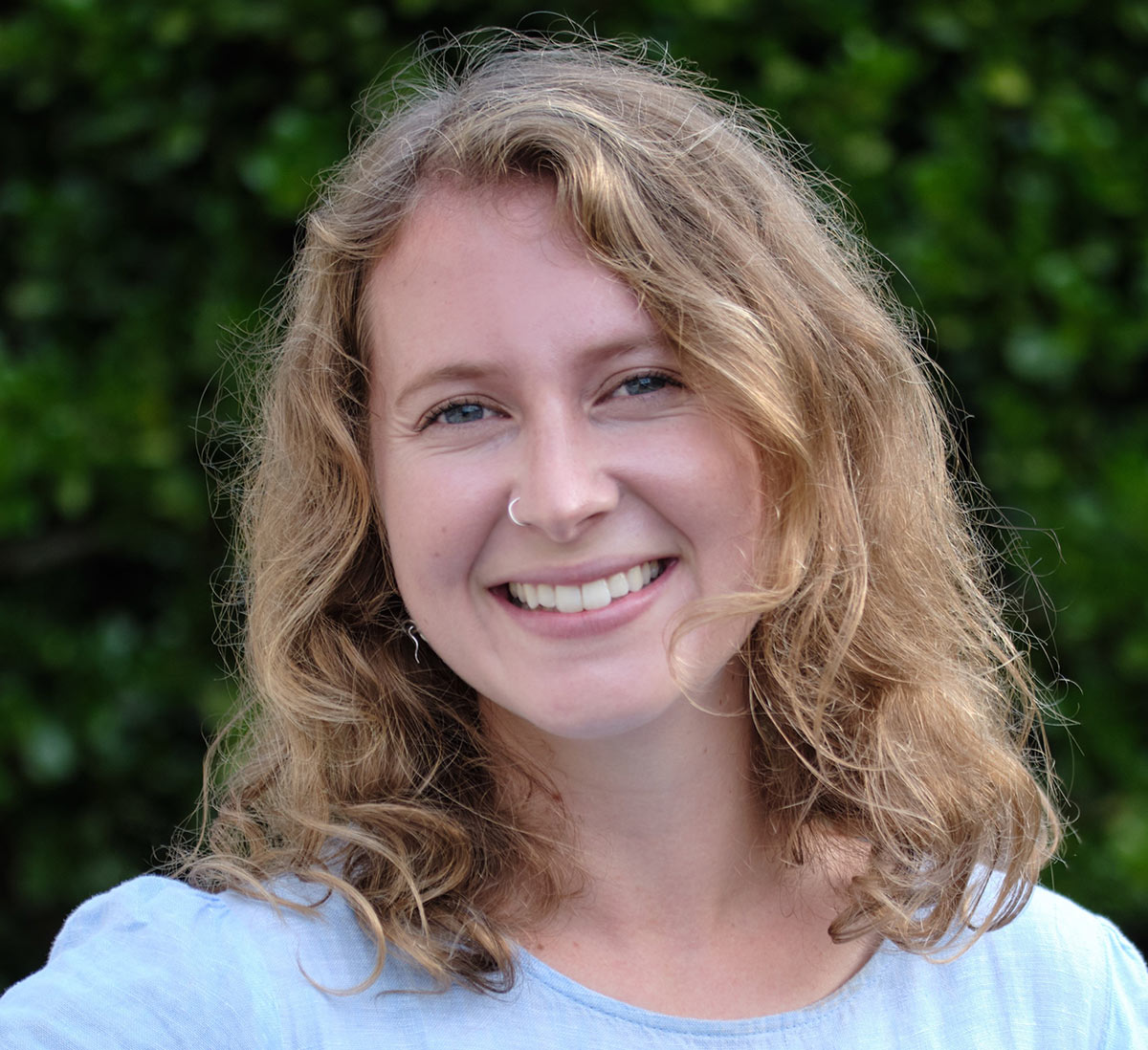
Could you share a summary of your research project and what inspired you to pursue it?
My PhD research explored the experiences of rainbow people who had accessed mental health support in Aotearoa. I was inspired to pursue this when I began my training as a clinical psychologist and realised there was very little education about gender, sexuality, or how to make our practice culturally safe for rainbow and takatāpui people. I wanted to provide some guidance for mental health professionals in their work, grounded in the voices of rainbow people.
How did the Foundation support your research?
The Foundation provided funding so that I could acknowledge my participants’ time with a koha, hire research assistants to take a team approach to the project, and work with a designer to create an accessible resource for mental health professionals.
Were there any unique or surprising findings in your research?
We learned a lot about how peoples’ rainbow identities intersect with their other important identities and experiences. For example, what colonisation has meant for Māori rainbow people – which makes the research findings totally unique to Aotearoa. I remember being surprised by the fact that mental health professionals must take explicit actions to show that they’re trustworthy – which maybe shows how green I was at the time! I learned that we don’t just get peoples’ trust by doing our jobs, we have to earn it with our actions, and that might take time. I was also surprised by how much little things go a long way, like a small visual sign of support, sharing our gender pronouns when we introduce ourselves, and using inclusive language.
What impact did receiving support from the Foundation have on your career or future research opportunities?
The support I received from the Foundation gave me confidence and experience in writing grant applications, which has been really valuable as I’ve continued to do research. It also gave me the ability to do my research in a way that felt authentic and respectful.
How has this project contributed to the field, or impacted the wider community?
The resource that came out of this project has been downloaded and shared thousands of times across Aotearoa. We did several print runs too and ran out of copies each time. We’ve received great feedback from rainbow and mental health communities, and I still see the posters we made about rainbow-friendly spaces around – which always gives me warm fuzzies. If you’d like to check out the resource, you can still find it at rainbowmentalhealth.nz.
How would you describe the significance of support from Whau Mental Health Research Foundation for researchers in mental health?
The Whau Mental Health Research Foundation took a chance on my project when I was a student with very little funding experience – this support gave me a leg up to do meaningful, community-based research that aimed to make the world a better place.
Have there been any specific end users or groups who have directly benefited from your research findings?
Te hunga āniwaniwa o Aotearoa – Rainbow people in New Zealand
